The Jossey-Bass Reader on School Reform
The Jossey-Bass Reader on School Reform
Jossey-Bass, February 5, 2001. New. From the student teacher interested in educational policy to thenew school board member dedicated to school improvement, thisdistinctive
reader is for anyone who cares about innovation andchange in the nation’s schools The Jossey-Bass Readers on SchoolReform offers a definitive collection of articles, book excerpts,and seminal reports on educational reform and its many challengesContaining selected commission reports and other public documentsthat signal important shifts in the policy arena, you’ll listen inas expert contributors debate controversial issues such as schoolchoice, desegregation, bilingual education, school finance, andstudent needs, offering diverse policy perspectives and givingreaders a rich and seasoned view of the reform landscape You’llalso gain insight into issues of school governance and organizationand examine how reforms in teaching, testing, curriculum, andstandards are changing classrooms, schools, and the profession ofteaching Grounded in scholarship and filled with wisdom, TheJossey-Bass Reader on School Reform is a comprehensive introductionto the complexities of educational change and what we can do tomake reform lasting and meaningful
| BOOK AUTHOR | |
|---|---|
| BOOK PAGES | 552 |
| LANGUAGE | English |
| LIBRARY | |
| BOOK PUBLISHER | Jossey-Bass Publishers |
Related products
-
Suwanikh Hayat Molana Ghulam Rasool Qilvi Publish1930 First Edition سوانح حیات مولاناغلام رسول قلعویؒ
مولانا غلام رسول قلعوی مسلک اہل حدیث کے بڑے عالم اور صوفی بزرگ گزرے ہیں آپ کا تعلق سلسلہ نقشبندیہ تھا مشہور اہل حدیث صوفی مولانا داؤد غزنوی ؒ کے جد امجد مولانا عبد اللہ غزنوی ؒ سے یارانہ اور روحانی تعلق بھی رکھتے تھے بعض آثار کے مطباق آپ کے خلیفہ مجاز بھی تھے ۔
نیا ایڈیشن
-
Saaien de Wahadet سائیں دی وحدت شاعر سائیں احمد علی ایرانی
اس کتاب کو اکیلے مرتب کرنا نا چیز کے بس سے باہرتھا کتاب کو اللہ کی مدد سے ناچیز نے دس سال کے عرصہ میں مکمل کیا۔ سائیں احمد علی ایرانی کی شخصیت پنجابی شعر و ادب میں ایک عظیم شخصیت ہے۔ سائیں کی شخصیت کو فکر کے زاویوں سے پرکھنے کے بعد یہ بات عمل میں آئی کہ احمد علی سائیں کی جو کلام قارئین کی نظر سے اوجھل ہے اس کلام کو بطور تصنیف قارئین کی خدمت میں پیش کیا جائے ۔ یہ تمام اشعار جو قارئین کی خدمت میں پیش کئے جارہے ہیں یہ پہلے سے کسی کتاب یاسی حرفی کا حصہ نہیں ہے۔محمد شمریز بھٹی
ONLINE READING
-
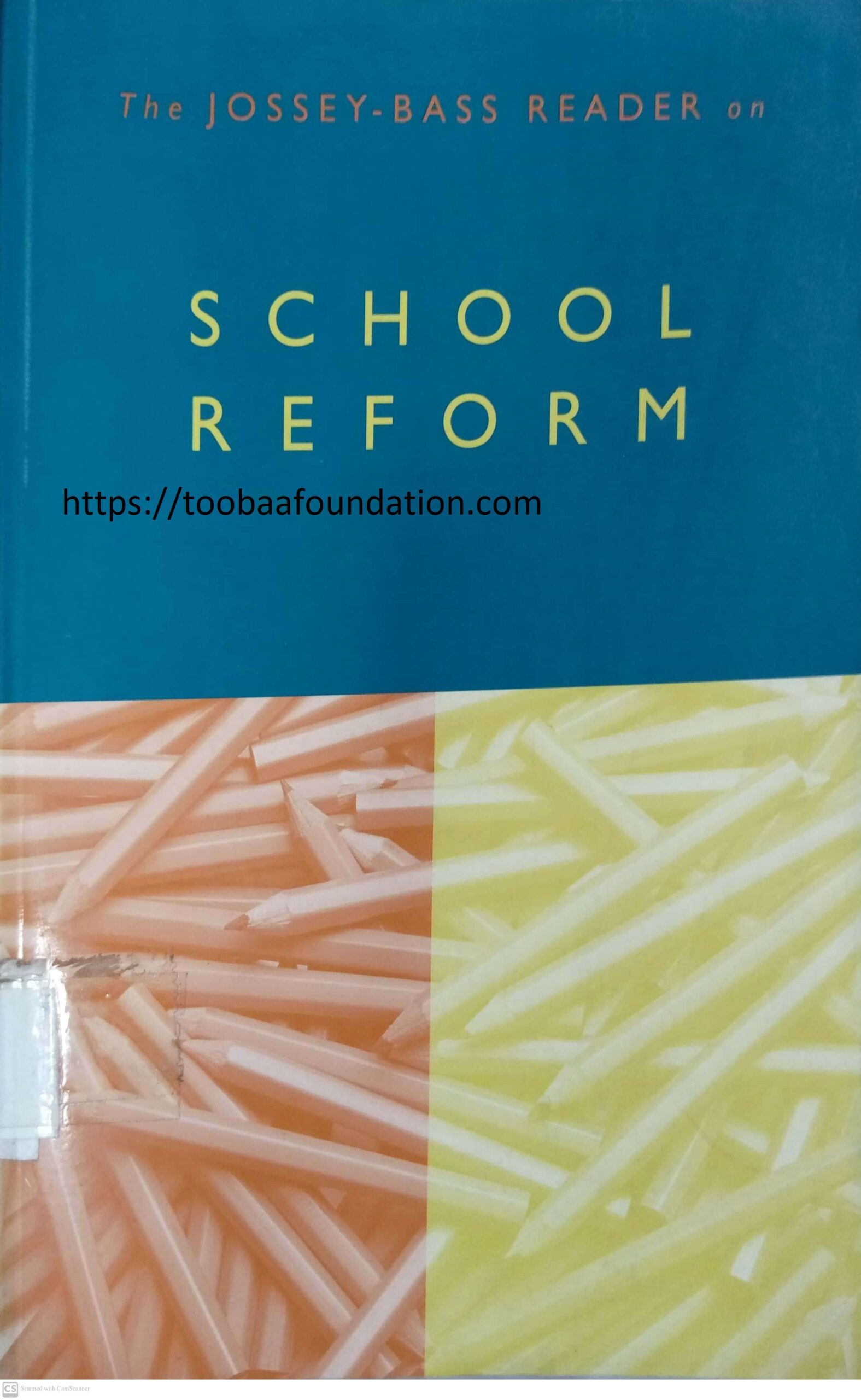
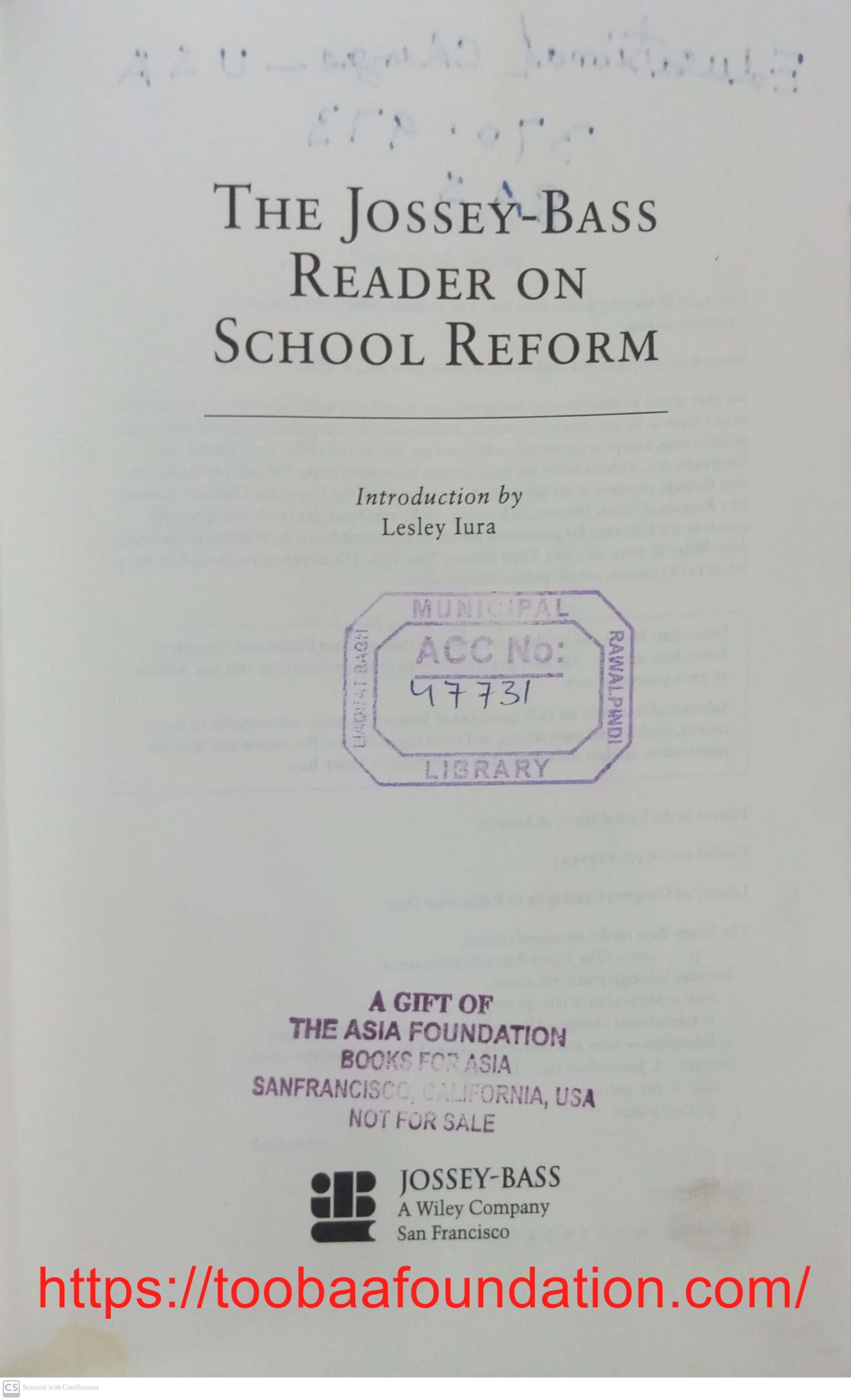
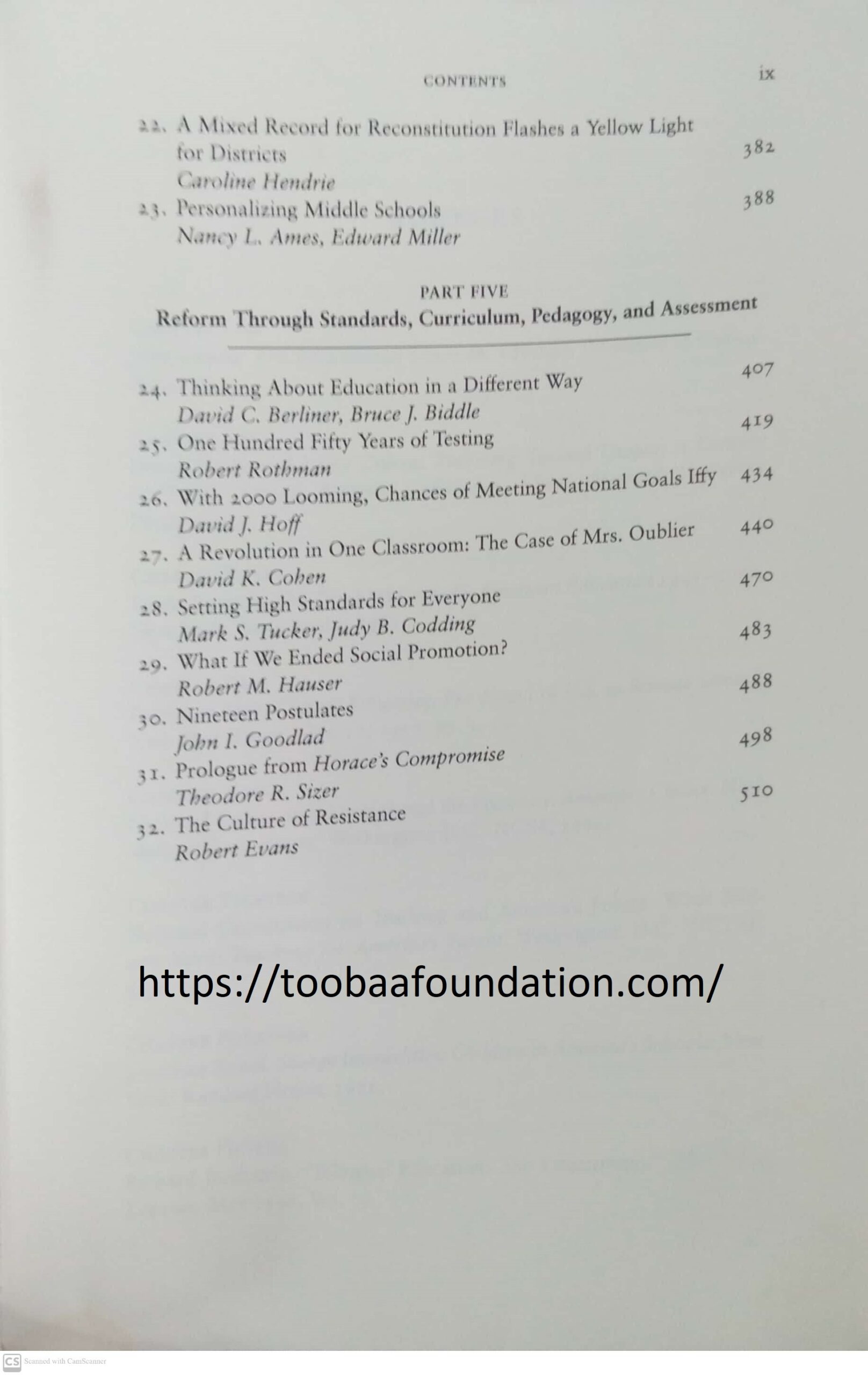
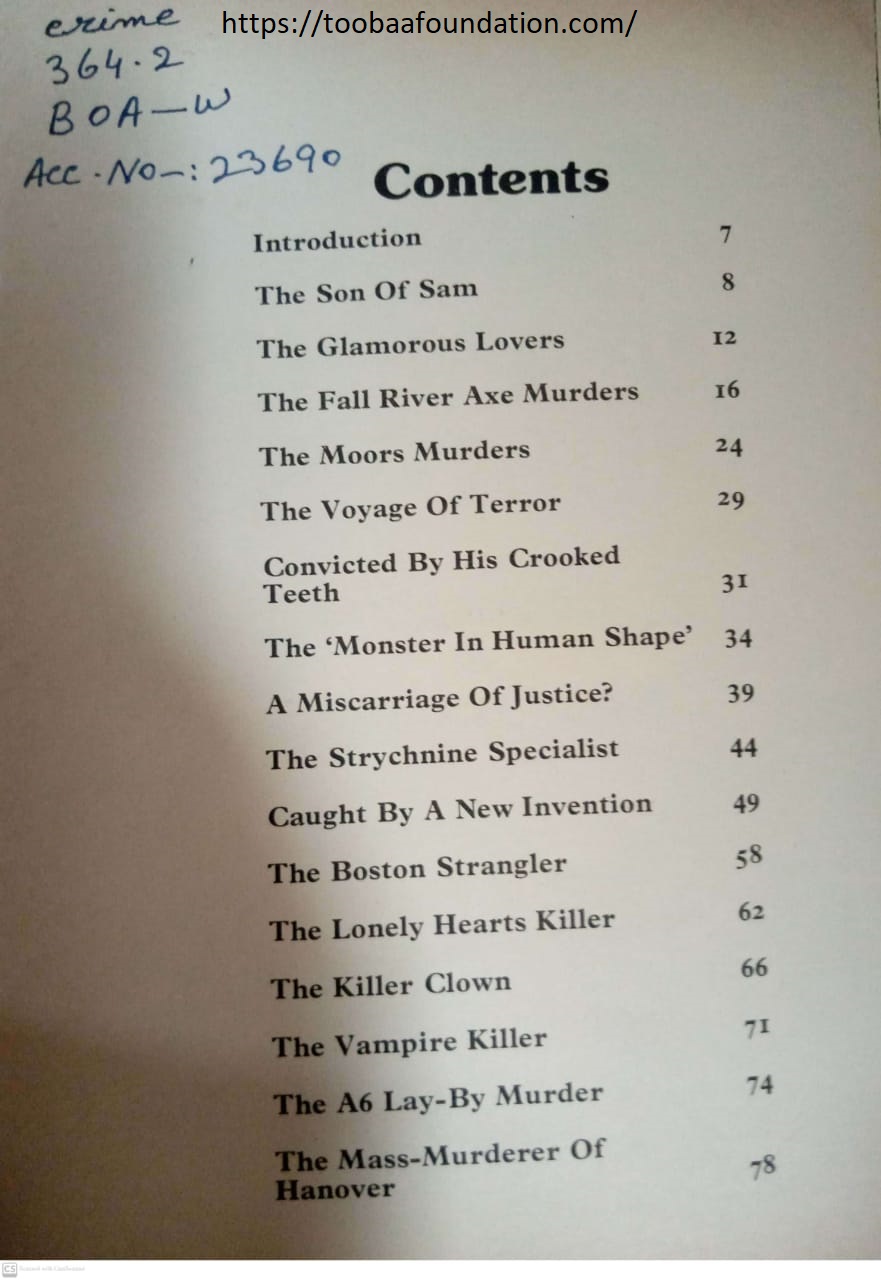
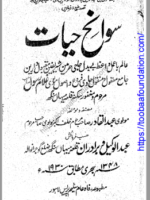
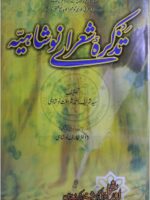

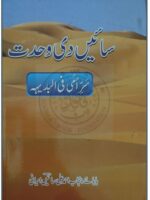
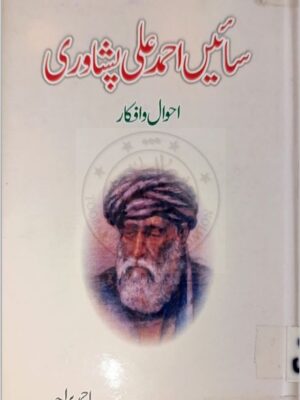
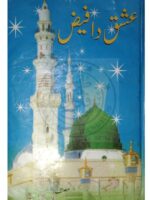
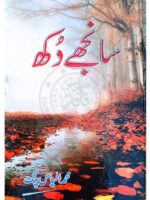
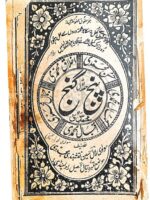

Be the first to review “The Jossey-Bass Reader on School Reform”